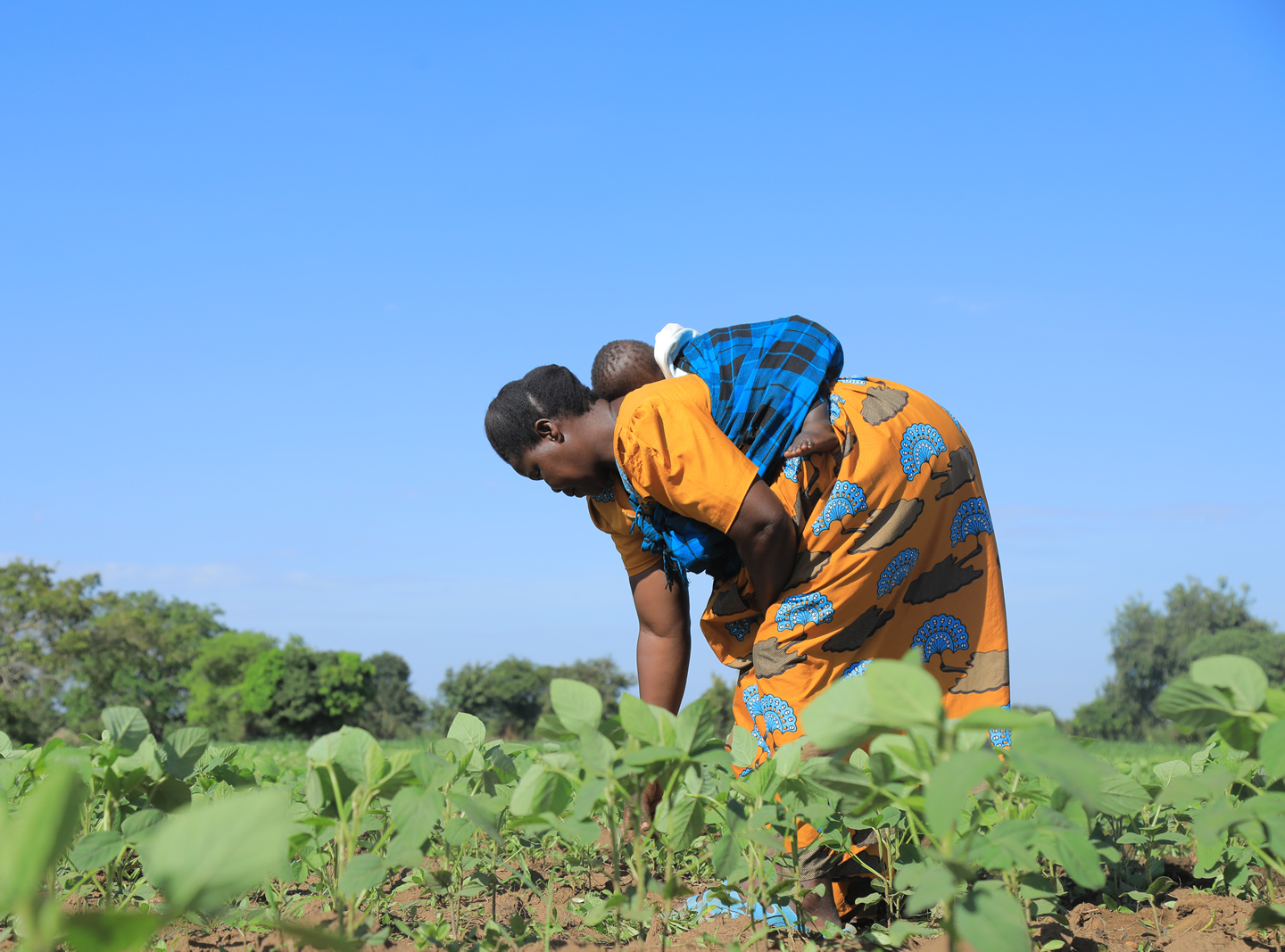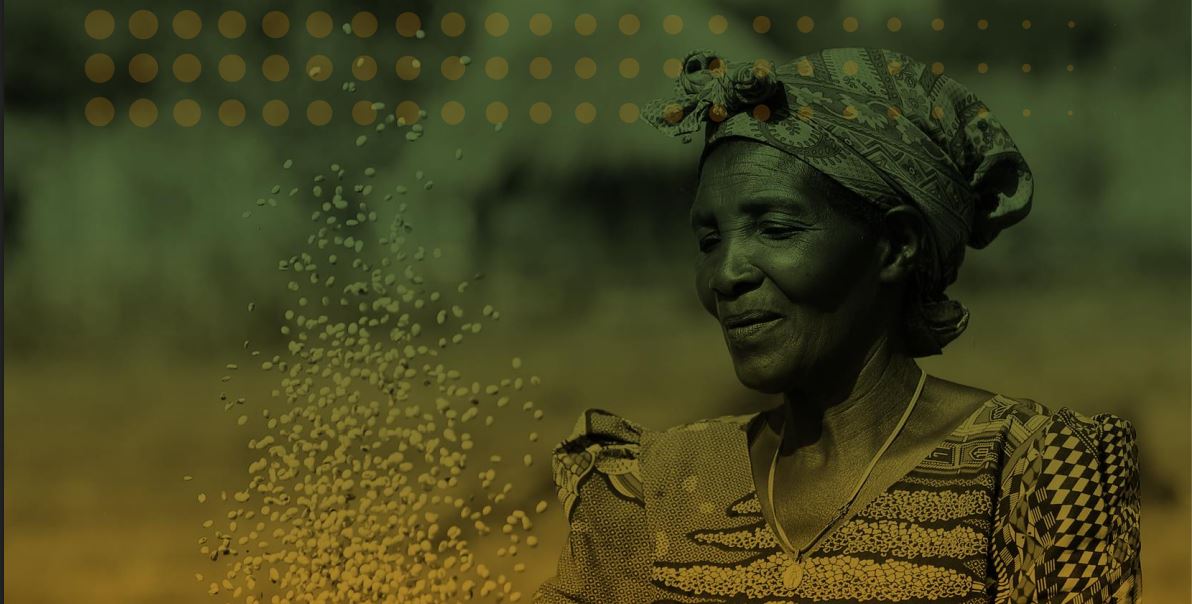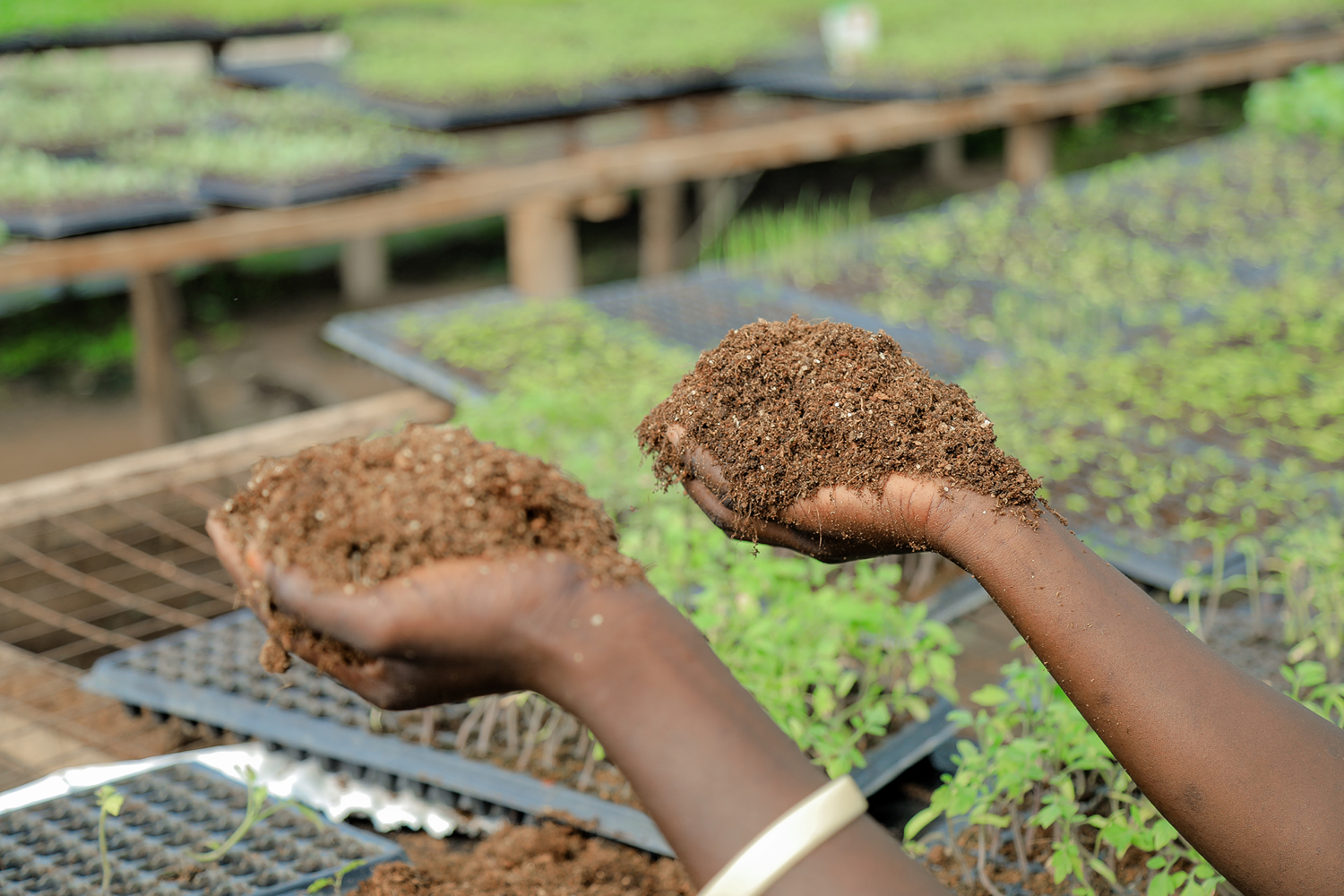Enterprises, not just farmer groups: the FGE model in Uganda
Enterprises, not just farmer groups: the FGE model in Uganda
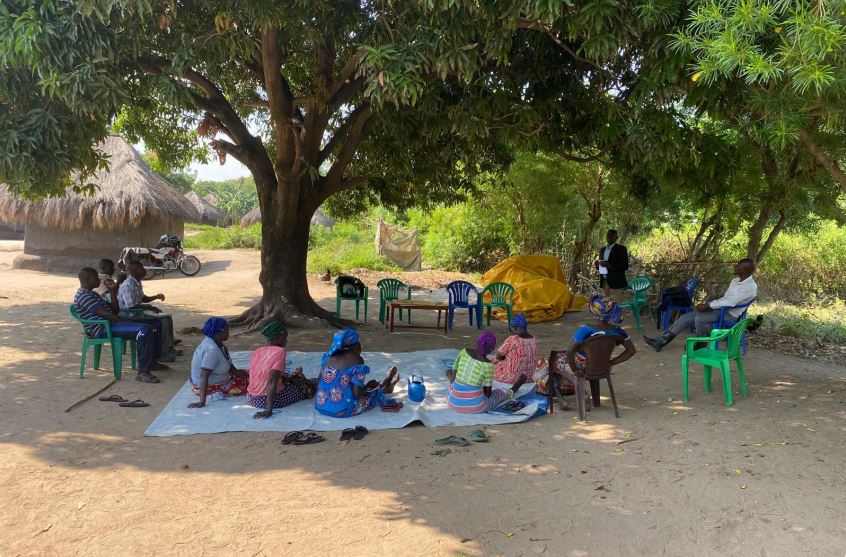
Smallholder entrepreneurship groups are typically close-knit, trust-based formations. Individuals, usually well-known to each other, come together around a common goal, agreeing to honour the group’s objectives. When some of the harsh realities of business test such groups, many fail. CSJ is testing an innovation of Palladium’s, Farmer Group Enterprises (FGEs).
The Climate Smart Jobs project is supporting enterprise-minded smallholders to form Farmer Group Enterprises,(FGEs), Private Limited By Shares. FGEs are formed when 2-20 smallholder farmers respond to a local market constraint/opportunity through a formal enterprise. CSJ cost-shares and carefully retreats from co-designed FGE start-ups after an engaged process of deep reflection and enterprise selection. Supported this way, CSJ theorises that FGEs will grow significantly and most importantly independently.
Less formal smallholder initiatives have struggled with elite capture and disruption from unscrupulous members. The inherent risk of asset loss has discouraged smallholders from formalising, becoming especially sceptical of registering companies regardless of the benefits this brings. Compounding this is an apparent fear of paying company taxes while experiencing business instability due to team dynamics. CSJ is innovating by mixing company shareholding with Business Development Services (BDS).
..to us, the goat breeding model is a special gift because even if we invested our money and we now run a business, the vision CSJ shared is of great value to us. We feel confident of where we are going with this.. (FGE Member, Goat Breeding)
Reflecting on the current start-up journey, the fist cohort of FGEs are feeling upbeat. The engagement on the FGE models delivered by CSJ initially sounded too good to be true. Agreeing to pull together a cost-shared startup investment with only the vision of the business model to bank on was a big step towards doing things differently. Since achieving this critical step, the reflections are inspired.
Such optimism however is typical of the first few days of a new intervention: the true tests and impact of FGEs in Uganda are yet to come. Co-designing locally adapted FGEs while maintaining essential features takes time but there is hope for positive impact. So far, perceptions are slowly changing - these are enterprises, not just farmer groups.

Local adaptations of FGEs may organically include more youth. The FGE model in Zimbabwe which inspired the CSJ model, emphasised FGE members providing business labour. This is critical to limit overheads and quickly break-even, and the same emphasis is being made in Uganda. Bespoke FGE conditions in Uganda (e.g., age of FGE members) however have led some to hire youths, an important learning and possible shareholding opportunity for the youths. While still too early to conclude, early indications are that opportunities for youth involvement in FGEs in Uganda may emerge organically.
Not all contacted groups will be suited to the FGE model, and that’s ok. The FGE model requires enterprise-minded smallholders with the capability and risk appetite to do things differently. Some groups may drop away early and others quite late into potentially becoming FGEs, for different reasons. Programmes implementing FGEs must review this continuously to learn and adapt the FGE model to respond to unique local contexts.
Village Savings and Lending Associations (VSLAs) experienced smallholders have a history of sharing a common financial goal, saving and transacting together and importantly disciplining each other’s behaviours to remain focused on the group. Forming a FGE with a VSLA therefore potentially strengthens this critical social protection institution through a carefully designed and well-protected income stream.
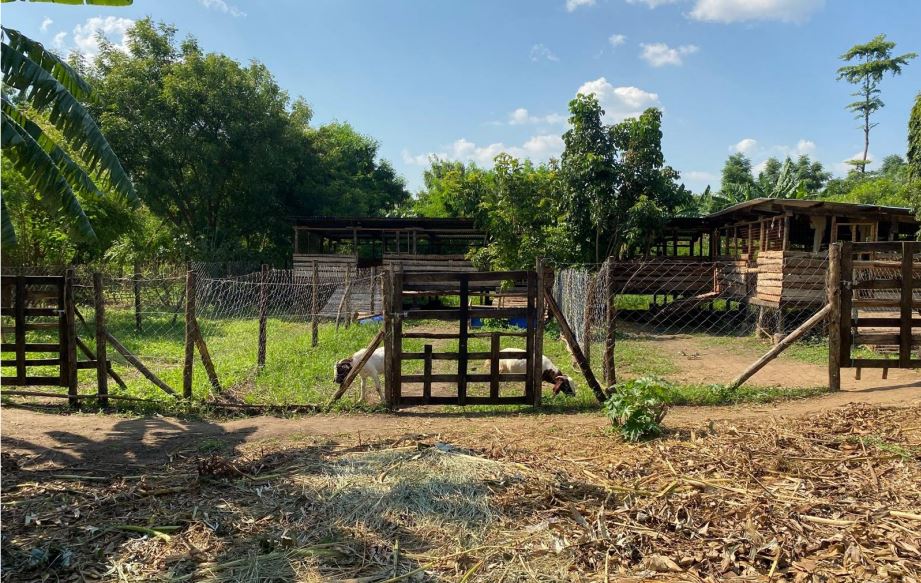
Programme teams must be decisive in their selection of groups. The process of bringing new FGEs onboard is resource intensive. Particularly, repeated contact with potential FGEs can raise false hope and strain programme resources if informed decisions aren’t made soon enough to proceed with or drop potential FGEs. Decisiveness and clear communication are important in FGE formation.
Company registration for micro and small enterprises must be made easier. Navigating the Uganda Revenue Authority (URA) platform and complying with costs and requests for the release of various registration forms is a difficult process. The same is true regarding opening bank accounts. Smallholders in remote rural locations currently cannot complete these steps without significant programme support. The URA and Banks must reduce the number of compliance documents required at this level to encourage formalisation of smallholder enterprises.
Programmes implementing FGEs must enlist Business Development Services (BDS) early on for sustainability. CSJ has recruited BDS providers to carry forward the support given by the programme’s Business Model Specialists to FGEs as they startup. With demonstrated value, current FGEs and future copiers would pay for BDS as they scale their current enterprises and start up new ones. This innovation is unique to Uganda and promises even stronger sustainability.
Tamper your fears about formalising smallholder enterprises. Failure is indeed possible if formalising smallholder enterprises is poorly executed. However, we find that being clear and detailed about a FGE model and the value of formalising encourages those who feel capable while protecting those who are not ready.
Envisioning is an important part of formalising smallholder enterprises. This involves painting the broad picture what running a FGE entails and allaying any fears potential entrepreneurs may have. Done well, envisioning can be the cornerstone to transforming smallholder livelihoods. Seeing the vision clearly secures participation and fuels innovation in the FGE.
Teamwork is critical for FGE success. Reaching the start-up phase of a FGE after. envisioning is the result of a whole team effort chasing the same goal. All programme team members must commit to understanding the FGE models and importantly their own role in their success.
Adaptiveness and caution must be maintained throughout FGE support. Transferring innovations across development contexts requires attention and responsiveness to new detail. Adaptively mixing and sequencing what worked in one context with what a new context demands is critical for the FGE concept to successfully transfer from Zimbabwe to Uganda. For that, a programme team must be energetic, rigorous and share the same vision.

